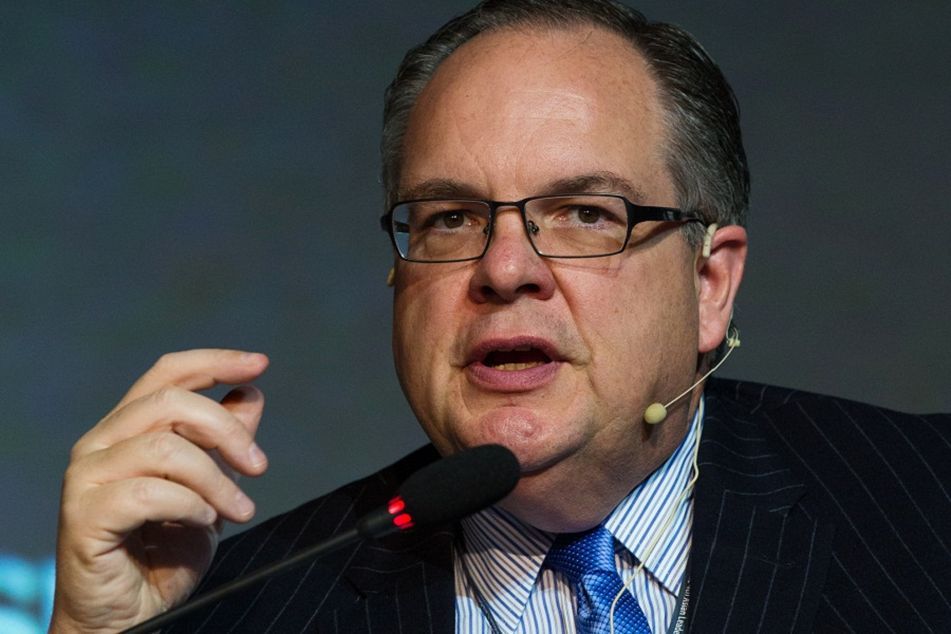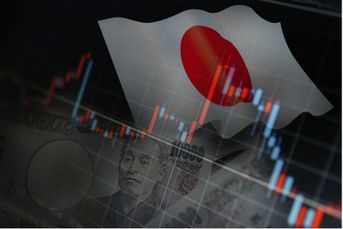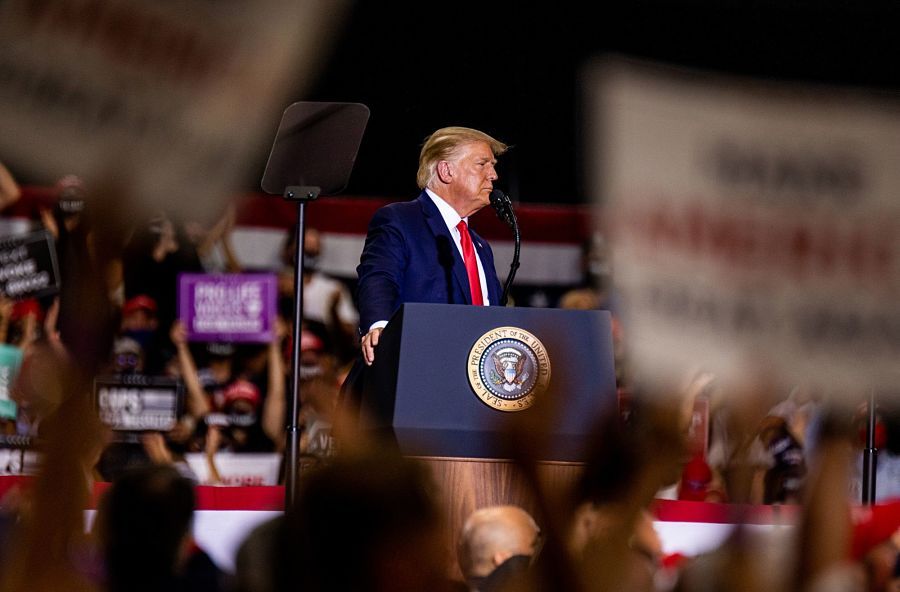Losing edge in ETFs, State Street turns to hedge funds
 Ronald O'Hanley, chief executive of State Street Global Advisors.
Ronald O'Hanley, chief executive of State Street Global Advisors.
Firm is expanding hedge funds and alternative investment strategies that can be offered to individual investors, Ronald O'Hanley, the new chief of the the $2.45 trillion State Street Global Advisors.
State Street Corp., which lost its lead in exchange-traded funds after being a pioneer in the business more than two decades ago, is now betting on hedge funds.
The firm is expanding hedge funds and alternative investment strategies that can be offered to individual investors, Ronald O’Hanley, who in April replaced Scott Powers as head of the $2.45 trillion State Street Global Advisors, said in an interview from Boston. The money-management unit this month named Michael Ho to a newly-created role of chief investment officer for alternatives.
“This is a really important area to get right,” Mr. O’Hanley said.
State Street is seeking to expand its asset management business as its active strategies — which command higher fees — have shrunk, and passive strategies such as ETFs have lost ground to BlackRock Inc. and Vanguard Group. Mr. Powers, who had sought to limit the investment unit’s reliance on ETFs in part by making acquisitions, is retiring. He joins other high-level executives to depart since April, including John Klinck, State Street’s head of global strategy, and Joseph Antonellis, head of its international business.
(More: State Street to close three ETFs that attracted little investor interest)
“State Street has struggled for quite some time with the active versus passive asset management businesses,” said Gerard Cassidy, an analyst at RBC Capital Markets.
FEWER ACQUISITIONS
Chief Executive Officer Jay Hooley told investors at State Street’s shareholder meeting on May 20 that it plans to invest more in its asset-management division. The firm has doubled its sales force to push ETF offerings, he said. He also said State Street is less likely to invest in acquisitions going forward.
State Street’s approach is a shift from when Mr. Powers took over in 2008, with a plan to expand into active strategies through buying other companies. Under Mr. Powers, the investment unit completed one acquisition, purchasing Bank of Ireland’s money-management business for about 57 million euros in 2011. Since then, State Street has faced tougher capital requirements after regulators labeled it systemically important.
Under Mr. O’Hanley, the firm plans to focus on boosting alternative investments, both those that offer daily liquidity to clients and those that need to be locked up for years.
State Street managed $1.7 trillion in passive stocks and bonds as of March 31. It ran $115 billion in strategies that invest across asset classes and $140 billion in alternative investments. More than 85% of the firm’s alternative assets were in passive products, including a gold ETF.
PUSH INTO LIQUID ALTS
State Street last year hired a team from Ramius to make a push into liquid alternatives, hedge fund-like strategies for clients who want the flexibility to exit investments without multi-year lock ups. State Street is also trying to take advantage of continued investor appetite for traditional hedge funds and is looking into products that charge lower fees, according to Mr. O’Hanley.
While there is investor demand for products that can produce higher returns, State Street is pushing into the area about two years after firms including BlackRock expanded such businesses. Also, success with such offerings isn’t guaranteed. Carlyle Group and KKR & Co. are among companies that have shuttered mutual funds investing in non-traditional strategies amid weak sales.
Reviving the money management business would help State Street overcome the impact of record-low interest rates, which have hurt its core custody business. State Street’s main business of keeping records, tracking performance and lending securities for institutional investors accounts for most of the company’s revenue.
Growth in State Street’s assets trailed peers and benchmarks, rising 29% since the end of 2009, compared with an 85% increase for the S&P 500 Index over the same period.
State Street’s fee revenue from investment management ranks lowest among peers including Bank of New York Mellon Corp. and Northern Trust Corp., according to Vining Sparks, a Memphis, Tenn.-based broker-dealer.
That’s in part because much of State Street’s investment business is reliant on ETF strategies, which charge among the lowest fees in the industry.
State Street created the industry’s oldest ETF in 1993 and was once the top provider. The firm lost its top spot to iShares, now a unit of BlackRock, in 2003 and this year was overtaken as the No. 2 by Vanguard, which has used lower costs to attract investors. State Street held $421.9 billion in U.S. ETF assets as of May 31, compared with BlackRock’s $823.8 billion and Vanguard’s $476 billion, according to Morningstar Inc.
SPECIALIZED ETFS
State Street was slow to offer specialized ETFs such as those allowing investors to hedge currencies, offered by rivals including WisdomTree Investments. The firm is now adding new products to its lineup of ETFs to catch up with competitors.
State Street started its first currency-hedged ETF this month. State Street teamed with Jeffrey Gundlach’s DoubleLine Capital to open its first actively managed bond ETF, after successful launches by firms including Pacific Investment Management Co. The firm is also expanding asset-allocation strategies, opening three that spread money across strategies, including in ETFs run by State Street.
Learn more about reprints and licensing for this article.








